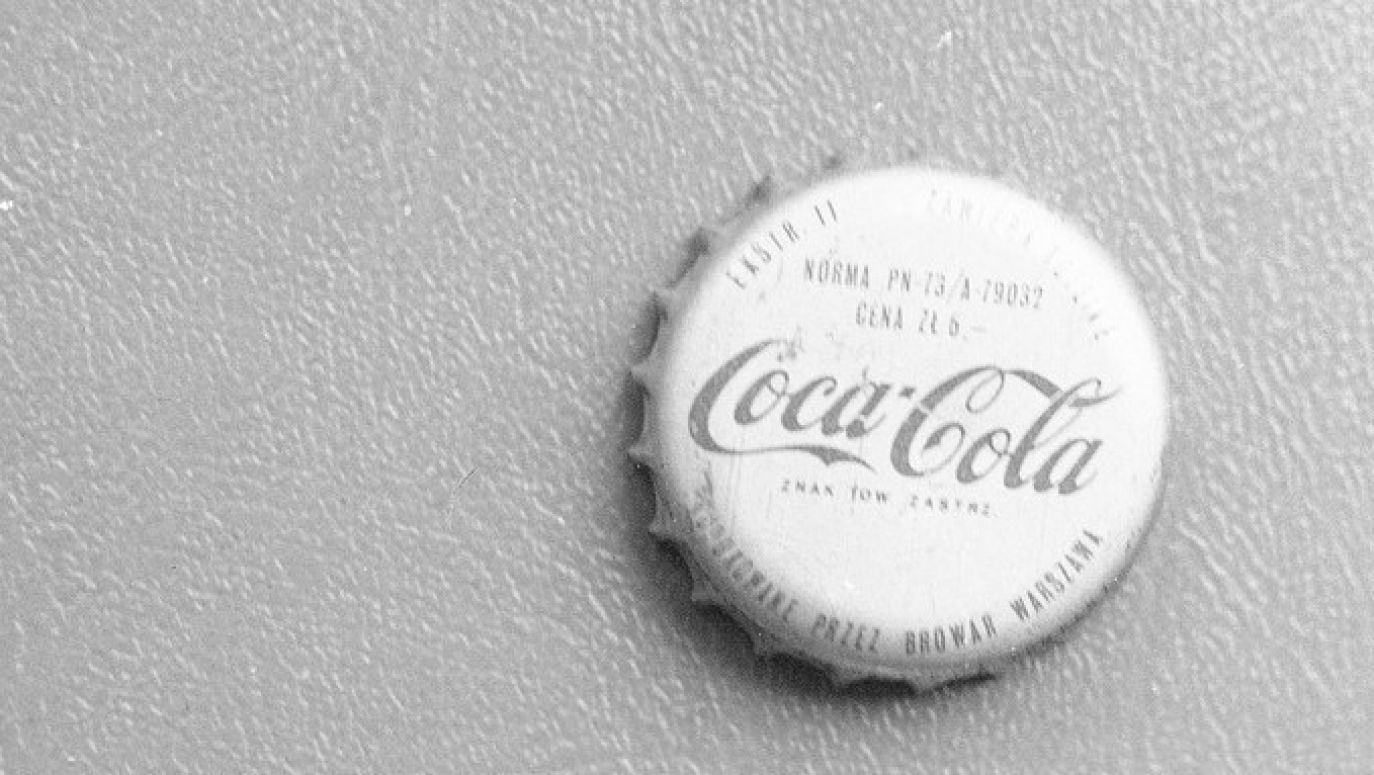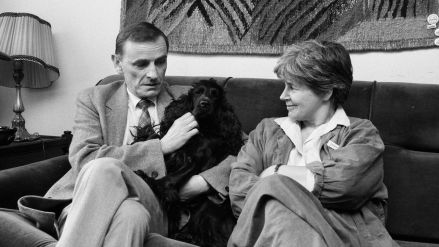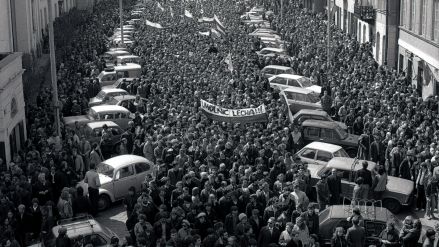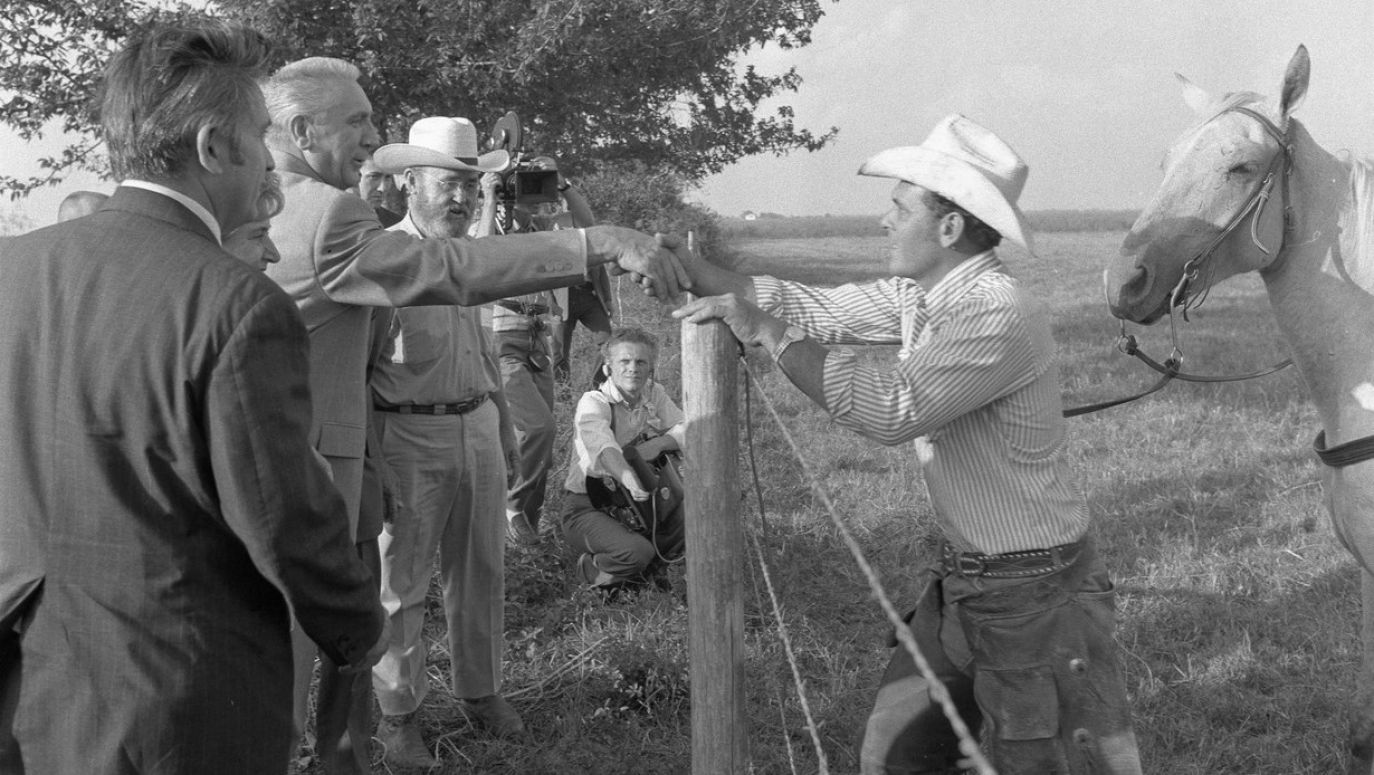So the funds were wasted?
Yes, and then there were the costs of debt servicing, interest... Often the way in which loan money was spent was an example of stupidity. In the mid-1970s, the authorities had so fiddled to develop trade with the West that they ordered the import of... wooden lollipop sticks from Austria. Simply a disaster. Another example: the authorities were happy to buy the licence for the production of Massey Ferguson agricultural tractors quite cheaply. Only that it was based not on the Metric system, but on the Imperial system, for which we were not technically prepared. We did not have the right tools to produce these tractors. There were many such examples.
Edward Gierek explained years later that the increase in debt was linked, among other things, to changes in the exchange rate. He also put the responsibility on his successors.
When he came to power, credit was cheap and easy to obtain on international markets. But at the end of 1973, with the Yom Kippur War, the great oil crisis began. Arab states blocked the sale of oil to countries that supported Israel. They also significantly reduced its production. This took its toll on credit. Edward Gierek often made this argument in his books. He was right about that. However, there were also many reprehensible mistakes by Gierek himself and his colleagues. “The more power, the more responsibility” – this sentence should be printed on Polish banknotes.
It is often relativised in accounts of that time that Gierek was basically a good communist, because he opened up the People’s Republic to the West and generally wanted to do well, but it simply did not work out for him. Do we not succumb to a certain illusion today and look at Gierek’s rule through rose-coloured glasses?
His assessment depends on the comparative scale. If we compare Gierek with Bierut, Gomułka, Kania or Jaruzelski, he does not look too bad against this background. He was a good speaker, he was presentable, during farm visits he was able to establish contact with so-called simple people, he kissed ladies’ hands, and so on. All this was different from what we had observed under Gomułka. Anyway, Gierek had the bar set very low. His predecessor was a negative example of a politician’s media-savviness, with speeches read off the page for hours on end, full of names, numbers and details that are impossible to remember.
A few years ago, however, in a conversation with Prof. Antoni Dudek – on the occasion of the promotion of your book “Siedmiu Wspaniałych” [The Magnificent Seven] about the First Secretaries of the Communist Party Central Committee – you said that Edward Gierek had infected our consciousness. “Those there beat, murdered, destroyed, while this one oozed poison. (...) In the long run he did us the greatest harm. If anyone converted Poles into communists, it was probably to the greatest extent Edward Gierek” – you said during the meeting at Przystanek Historia.
He did indeed buy a large part of the population with the Western products we were talking about. It gave the illusion that it was supposedly like the West in our country. But it was not like the West – for reasons that could not be discussed in public.
In contrast, however, his rule was accompanied by a certain liberalisation – films that had previously been banned were released in cinemas. The same was true of some books that appeared in bookshops, although some were withdrawn from circulation over time. For me, Gierek was a... layabout. On the one hand a shrewd, cunning man. On the other, a politician who was able to be a partner to American presidents.
– interviewed by Łukasz Lubański
TVP WEEKLY. Editorial team and journalists
– Translated by jz

 SIGN UP TO OUR PAGE
SIGN UP TO OUR PAGE









